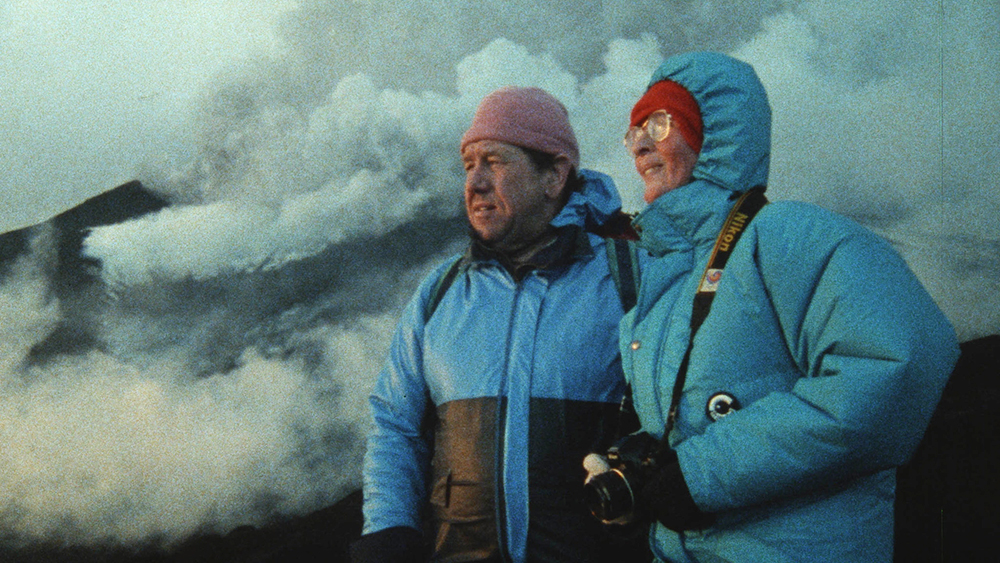
After launching less than three years ago, production company Sandbox films celebrated Oscars weekend this year with a nominated documentary, “Fire of Love.” The company will also premiere two new documentary films, “Confessions of a Good Samaritan” from Penny Lane and “The Arc of Oblivion” from Ian Cheney.
Founding director Greg Boustead tells Variety that the boutique company seeks to share stories that pack an emotional punch, as he felt that element was often missing when it came to the science non-fiction genre. “One of the motivations for founding a company is to find those stories of where science and technology intersect with society in interesting and unexpected ways,” Boustead says.
Cheney’s film is executive produced by Werner Herzog. Set against the backdrop of the filmmaker’s quixotic quest to build an ark in Maine, the doc heads far afield — to salt mines in the Alps, fjords in the Arctic and ancient libraries in the Sahara — to illuminate the strange world of archives, record-keeping and memory.
Similarly, Lane’s film follows her quest to donate a kidney to a stranger. Described as a provocative inquiry into the science, history and the ethics of organ transplantation, the film asks an ancient question in a whole new way: Who is your neighbor, and what do you owe them?
“Both the films are human, character-driven and emotional, but grapple with these big questions that we’re trying to answer as a society,” Jessica Harrop, head of development and production, says. “One explores this idea of what do we owe each other as people, to an exploration of altruism. The other one is, what in this world is worth saving in a universe that tends toward oblivion? Both films are funny and quirky, and they’re told from a human perspective with a human story arc behind them.”
Harrop adds that the company defines science as the art of asking questions. “We want all our films to make people think and to ask more questions than give answers,” she says.
Next up, the studio will be expanding its presence by opening a bigger production office in New York City as the company is in a position to reinvest its revenue from the success of its recent slate. “We can expand our operations and put that revenue into building state-of-the-art post-production and screening facilities,” Boustead says.













